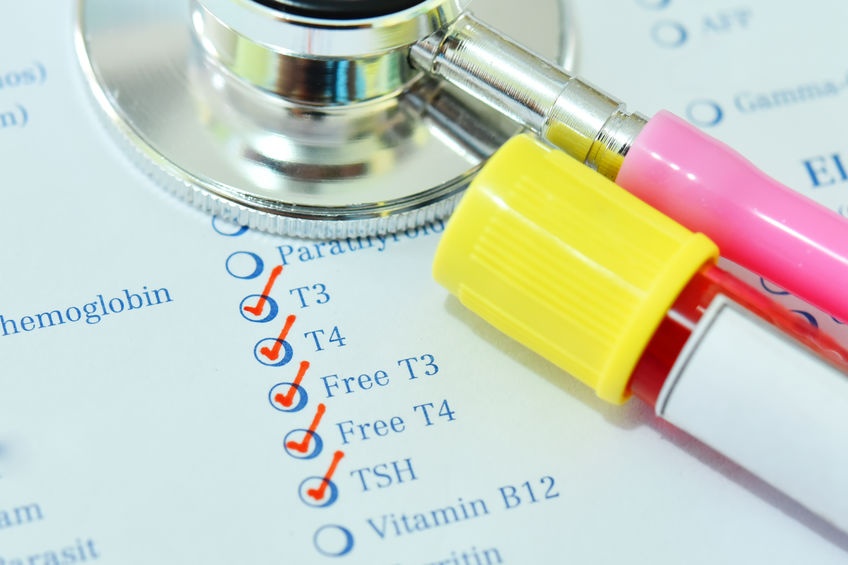Many of us have heard of the thyroid gland but do we know what it is and what function it serves to the human body? Although this organ may be relatively small compared to other organs, bear in mind that even a slight dysfunction of it may cause a spectrum of diseases. Luckily for us, due to the common nature of thyroid diseases, doctors have discovered many treatment options and they are readily available to us. Treatment is also available at doctoroncall.
First, let’s know the basics of the thyroid gland. It is an endocrine gland located in front of your neck and has the shape of a butterfly. It consists of a right and left lobe, and in a small population, there may also be a pyramidal lobe in between the two major lobes. In a human being with no thyroid disorders, the thyroid gland, although located in front of the neck, will not be visible. However, if they have a condition called goiter — in which the thyroid gland is enlarged, the gland can be easily seen.
As mentioned earlier, the thyroid gland is an endocrine gland which means it secretes hormones into the blood. They are thyroxine (T4) and triiodothyronine (T3) which are responsible for regulating the metabolism of our body cells. In simpler terms, they influence the activity rate of our cells — whether to work faster, if too much hormones are being produced or slower, if too little are produced. Ideally, these hormones should be produced on a regulated basis controlled by our brain to prevent over- or under- production but some disruption in this pathway may occur, hence resulting in thyroid disorders.
When an overproduction of thyroid hormones occurs, the condition is called hyperthyroidism but when there is underproduction, it is called hypothyroidism. Hypothyroidism is more common between the two. Let’s look at each condition separately. What happens to our bodies when we have hyperthyroidism? We may experience symptoms like weight loss, palpitations, heat intolerance, anxiety, and, sometimes, sore and gritty eyes. These are symptoms associated with an increased body metabolism. In hypothyroidism, where the body functions at a slower rate, symptoms such as tiredness, feeling cold, weight gain, poor concentration, depression may arise. Hence, it is important to be aware of any changes in your body as well as any development of new symptoms as these may be a direct indicator of a disease occurrence and progression.
Immediately arrange an appointment with your doctor if you think you have developed the symptoms mentioned. The doctor should listen to your symptoms and examine your neck. Additionally, some tests can be done to confirm whether or not you have a thyroid disorder. The commonly done test is checking the T4 and T3 levels in your blood. This is called the
thyroid function test. Not only is this test easy, it is also cheap and efficient.
Once the doctors have come to a diagnosis, treatment can be commenced. The mainstay of treatment for both hypothyroidism and hyperthyroidism is oral medications that need to be taken daily. However, more extensive treatment may be required for complicated cases. In
In cases of hypothyroidism, doctors may start you on exogenous thyroxine in order to compensate for the lack of the mentioned hormone in your body. The initial dose may vary across patients, hence it is important to consult your doctor and get a proper prescription before initiating this medication on your own. As for hyperthyroidism treatment include anti-thyroid medications, radioiodine therapy and/or surgery.
Therefore, it is important to always seek medical advice from a registered medical practitioner whenever you feel unwell or when you start developing symptoms you have never had before. Never self-treat or self-diagnose as it may cause more harm than benefit.

